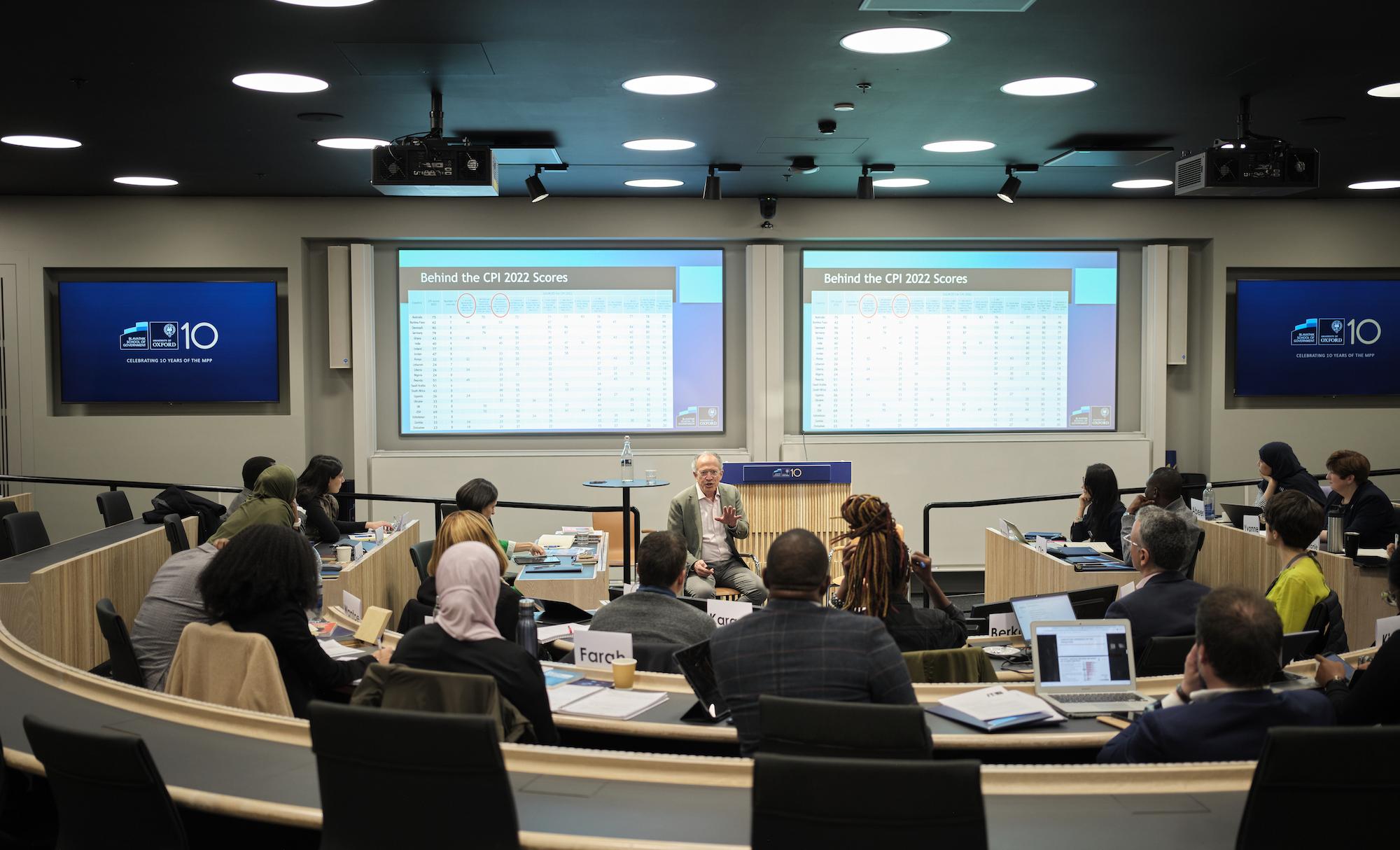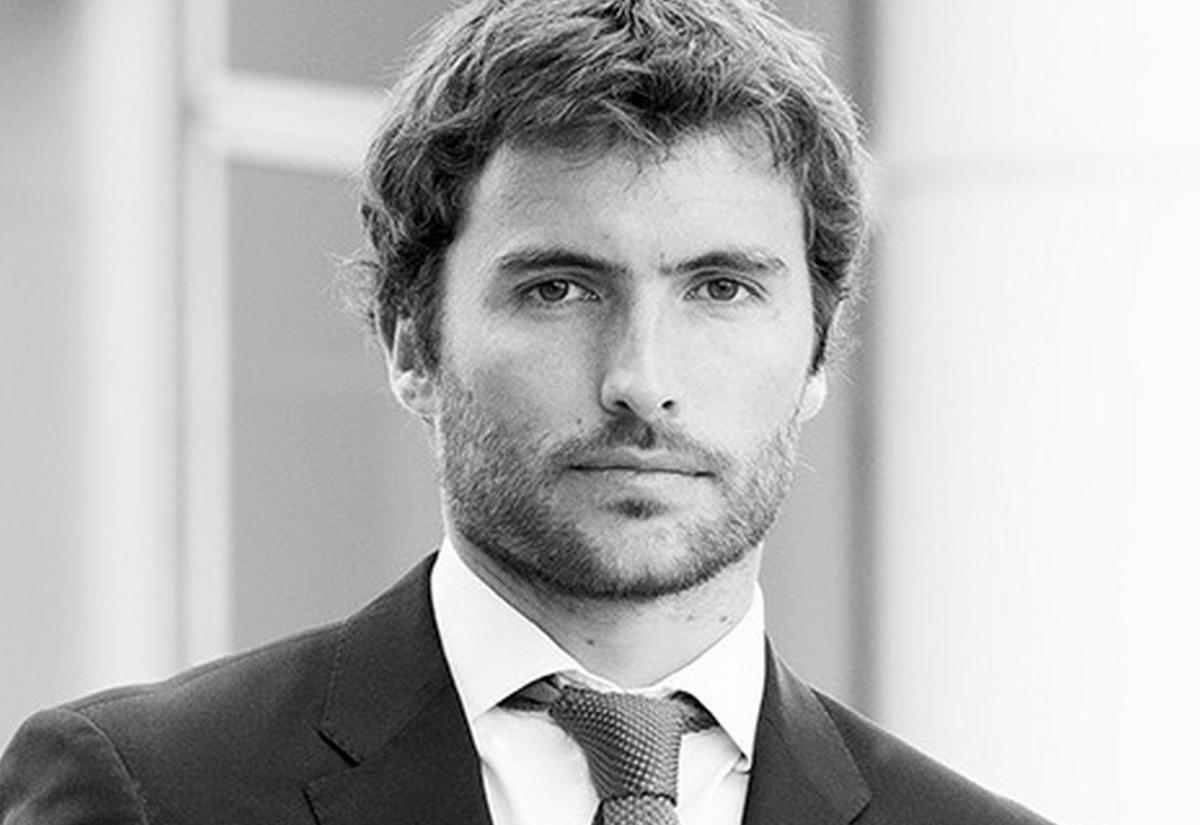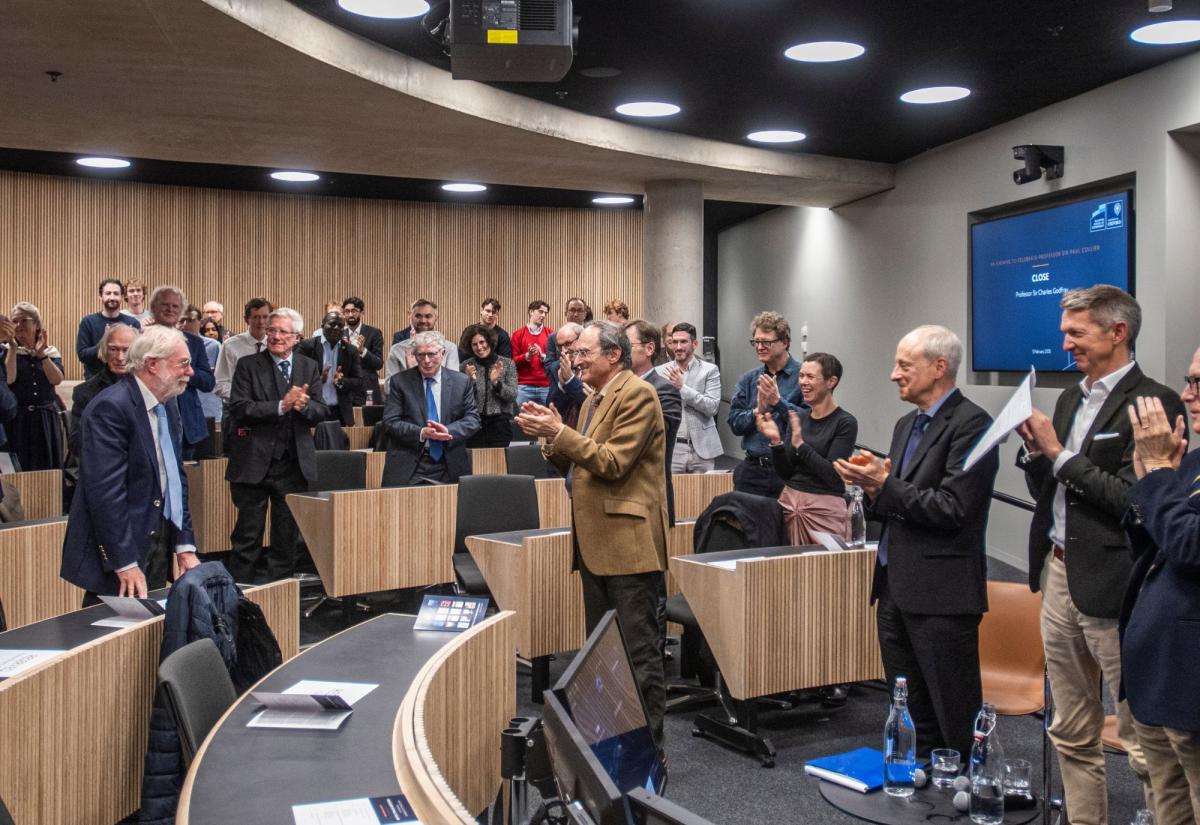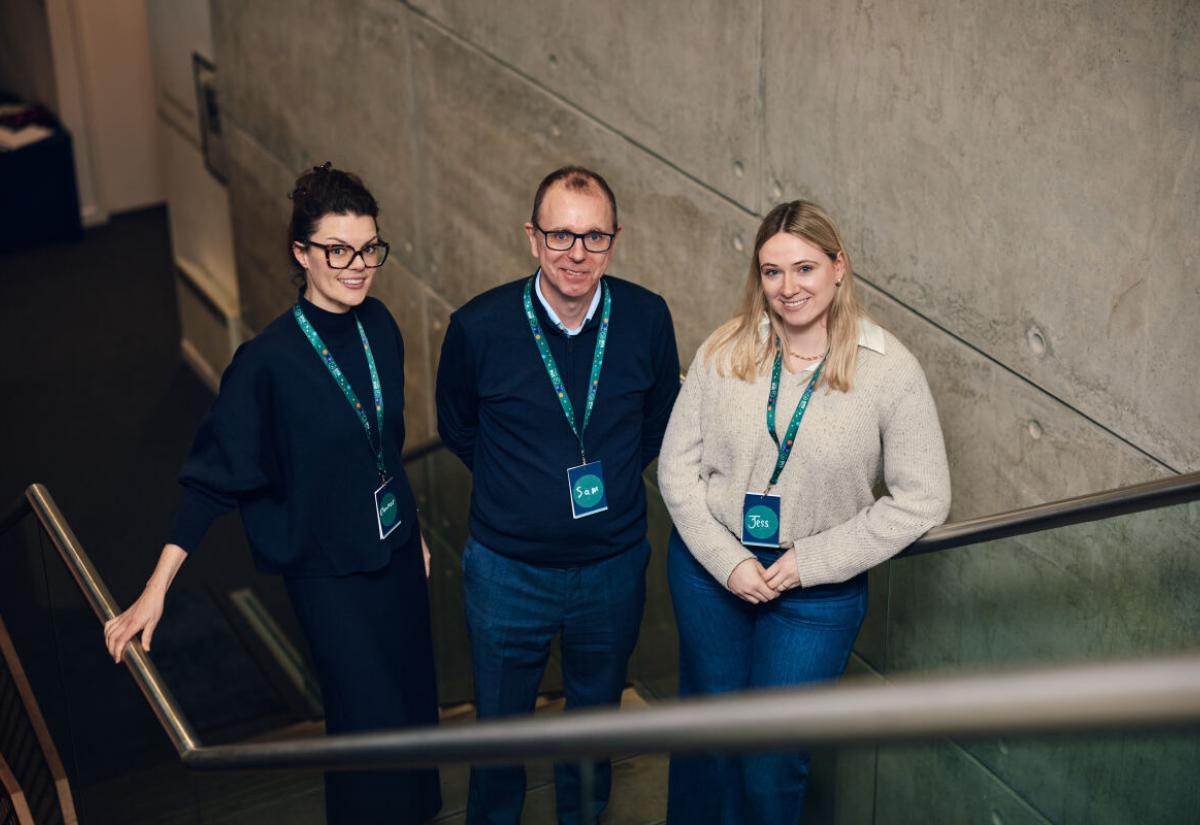
How does a new minister, director-general, or chief executive arriving at a notoriously corrupt public institution deal with the problem of entrenched corruption?
A new three-day programme launched by the Blavatnik School seeks to address corruption and create cultures of integrity in public-sector institutions. The programme provides practical strategies and tools for officials leading or planning corruption turnarounds, and for those in civil society and the private sector supporting such turnarounds.
Senior officials from across the globe, including those working in anti-corruption institutions, prosecution departments and financial investigation units, gathered in Oxford to gain the knowledge and skills that are essential to uproot the most entrenched cultures of corruption.
Led by Professor Chris Stone, Professor of Practice of Public Integrity, and Postdoctoral Research Associate Izabela Corrêa, the programme takes participants through diagnosing patterns of corruption in diverse contexts; measuring corruption at the level of management responsibility; demonstrating accountability for past corruption; monitoring integrity; building trust; changing culture; and implementing sustainable reform. The programme draws on examples from high-income, middle-income, and low-income countries, and covers institutions as varied as police forces, state-owned enterprises, and tax authorities.
Applications for the 2024 programme opening soon, register your interest to receive updates.



